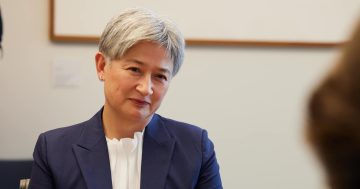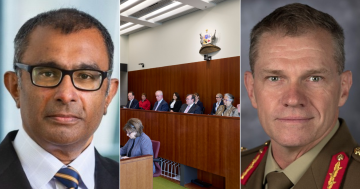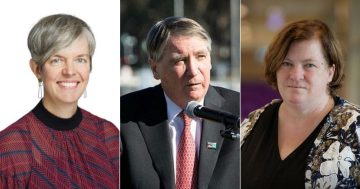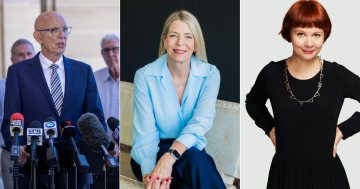 1. This week 10 years ago, Sydney’s Taronga Zoo celebrated its 95th birthday, with the official reopening of its famous heritage-listed, copper-domed Edwardian entrance building and a new visitors’ plaza incorporating a café and shop.
1. This week 10 years ago, Sydney’s Taronga Zoo celebrated its 95th birthday, with the official reopening of its famous heritage-listed, copper-domed Edwardian entrance building and a new visitors’ plaza incorporating a café and shop.
Director of Taronga Zoo, Cameron Kerr said the new areas meant people who did not have time to spend exploring the Zoo could “pop in for a coffee and see some wildlife without paying to enter”.
“Visitors can now stroll through a green park to the main entrance, which also houses the upper Sky Safari Cable Car terminal and is close to many of the Zoo’s popular Australian wildlife exhibits, including koalas, the recently refurbished Rainforest Aviary, the Australian Walkthrough with its wallabies, kangaroos and emus, the Platypus exhibit and the Australia’s Nightlife nocturnal exhibit,” Mr Kerr said.
2. The Australian Bureau of Statistics (ABS) released its Measures of Australia’s Progress paper this week 10 years ago, which found that while, on average, Australians were less productive in 2010 than they were 10 years earlier, they were living longer, were better educated, and had higher incomes.
The ABS said the average life expectancy of Australians had improved by two to three years, higher education qualifications were held by more of the population, and average incomes had grown by an extra $8,200 over the decade. Against this, it found that productivity — “the efficiency with which an economy transforms inputs into outputs” — had fallen by 2.1 percentage points.
3. Queensland’s Crime and Misconduct Commission (CMC) released results of public surveys showing the Public Service enjoyed a positive image among Queenslanders, with interactions seen as supportive and positive. Complaint handling at the Local Government level, however, could be improved.
Chairperson of the CMC, Martin Moynihan said the surveys measured the extent to which public sector agencies and employees were meeting the Queensland public’s expectations of service delivery.
“Interactions with employees tend to be positive, and the results continue to highlight the role of factors such as courtesy and respect in shaping clients’ perceptions of the Public Service in general,” Mr Moynihan said.
4. Staying in Queensland, Premier Anna Bligh announced the establishment of a new and independent Mental Health Commission. Ms Bligh said it would be a strong advocate for mental health clients and their families; improve the coordination and effectiveness of mental health services; develop a strong evidence base to support government spending; and promote greater transparency in the allocation of resources.
“As well as supporting further transformation of the mental health system, establishment of the Commission will position Queensland to better respond to emerging priorities, pressures and opportunities and to drive ongoing reform locally and nationally,” Ms Bligh said.
5. Elite sportspeople were to be the beneficiaries of a new sports engineering laboratory at the University of Adelaide, which was intended to help students develop skills in the design and manufacture of sports and rehabilitation equipment. Federal Minister for the Status of Women, Kate Ellis said it would complement the University’s Sports Engineering Degree and assist in the teaching of and research in sports engineering.
“The addition of this new laboratory will help further strengthen women’s position in sport and Australia’s position as a leader in engineering, innovation, science and technology, around the world,” Ms Ellis said.
6. Also this week a decade ago, the WA Department of Agriculture and Food’s Indigenous Landholder Service (ILS) won the nation’s top award for Indigenous Economic Development. Minister for Agriculture and Food, Terry Redman said the ILS, which also won the 2010 Premier’s Award for Public Sector excellence, was a worthy recipient and had also been commended by the United Nations. He said the service partnered with the Indigenous Land Corporation to empower Indigenous landholders to manage their properties more efficiently and effectively.
“The ILS is transforming the lives of more than 5,000 Indigenous people on 77 rural properties across 5 million hectares of the State,” Mr Redman said.








